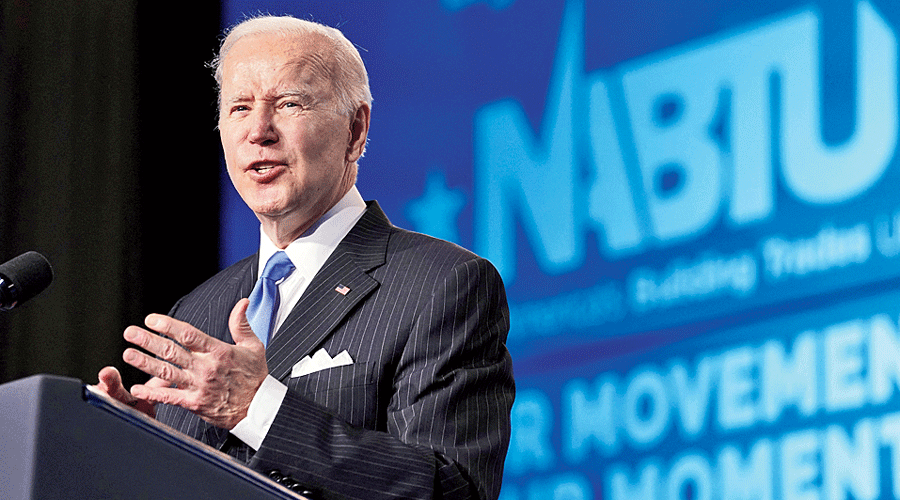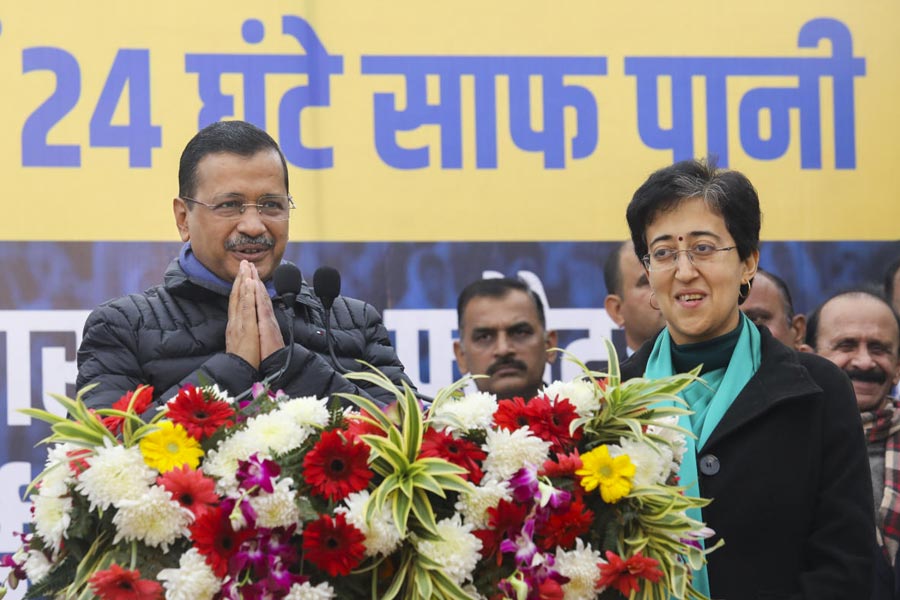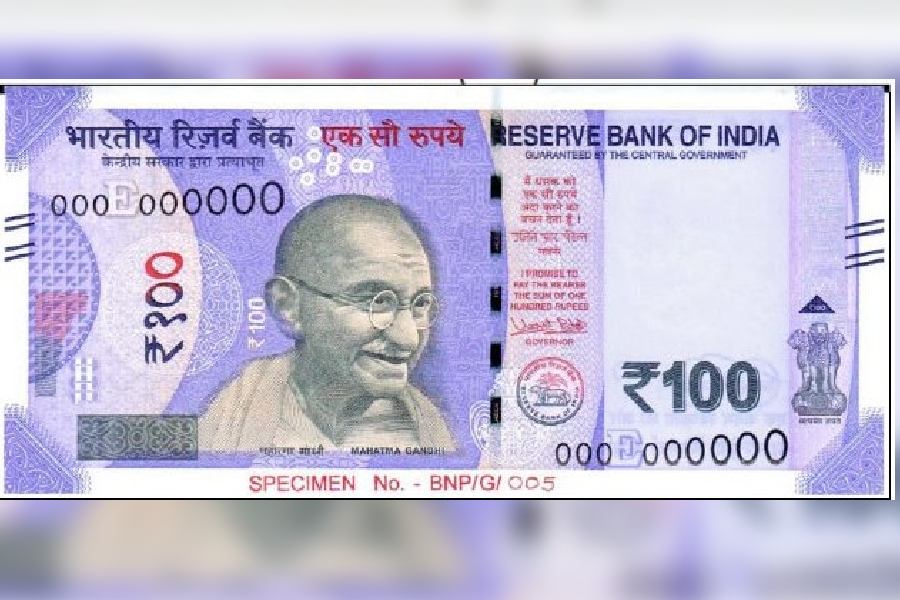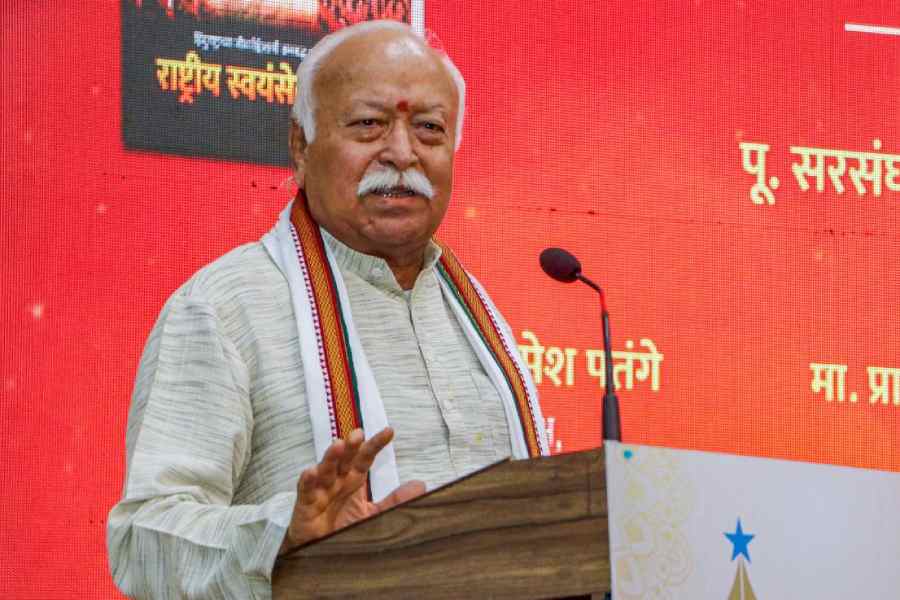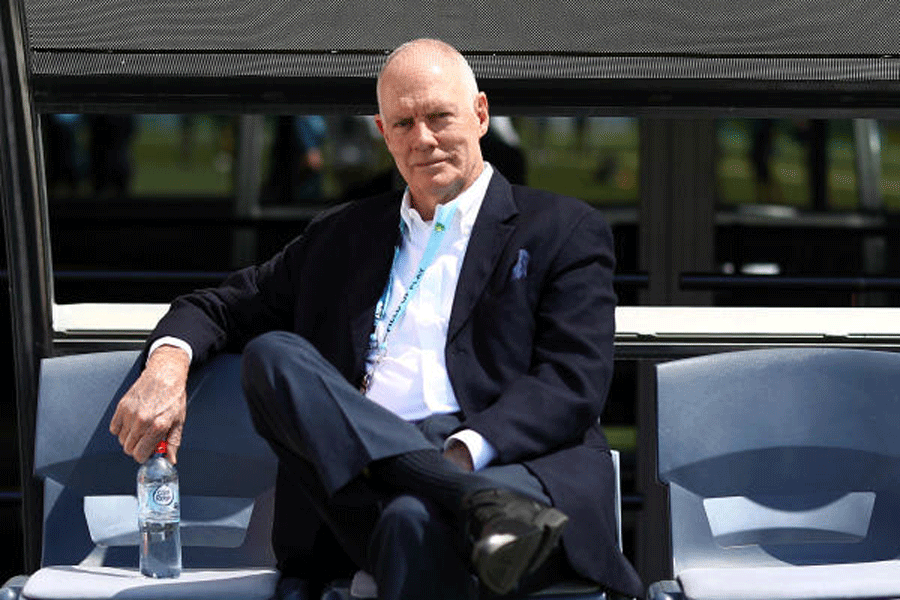President Joe Biden arrived in Japan on Sunday to launch a plan for greater US economic engagement with the Indo-Pacific, facing criticism even before the programme is announced that it will offer scant benefit to countries in the region.
On the second leg of his first Asia trip as President, Biden is to meet with leaders of Japan, India and Australia, the Quad, another cornerstone of his strategy to push back against China’s expanding influence.
Biden met with Japanese business leaders, including the President of Toyota Motor Corp, at the ambassador’s residence in Tokyo shortly after arriving, said a person familiar with the matter.
On Monday, he is to call on Emperor Naruhito before talks with Prime Minister Fumio Kishida. He and Kishida are expected to discuss Japan’s plans to expand its military capabilities and reach in response to China’s growing might.
Biden on Monday plans to roll out the Indo-Pacific Economic Framework for Prosperity (IPEF), a programme to bind regional countries more closely through common standards in areas, including supply-chain resilience, clean energy, infrastructure and digital trade.
But the IPEF is unlikely to include binding commitments, and Asian countries and trade experts have given a decidedly lukewarm response to a programme limited by Biden’s reluctance to risk American jobs by offering the increased market access the region craves.
The White House had wanted the IPEF announcement to represent a formal start of negotiations with a core group of like-minded countries, but Japan wanted to ensure broader participation to include as many Southeast Asian countries as possible, trade and diplomatic sources said.
Given this, Monday’s ceremony will likely signal an agreement to start discussions on IPEF rather than actual negotiations, the sources said.
Beijing appeared to take a dim view of the planned IPEF. Foreign minister Wang Yi said in a statement: “The Asia-Pacific should become a high ground for peaceful development, not a geopolitical gladiatorial arena.”

